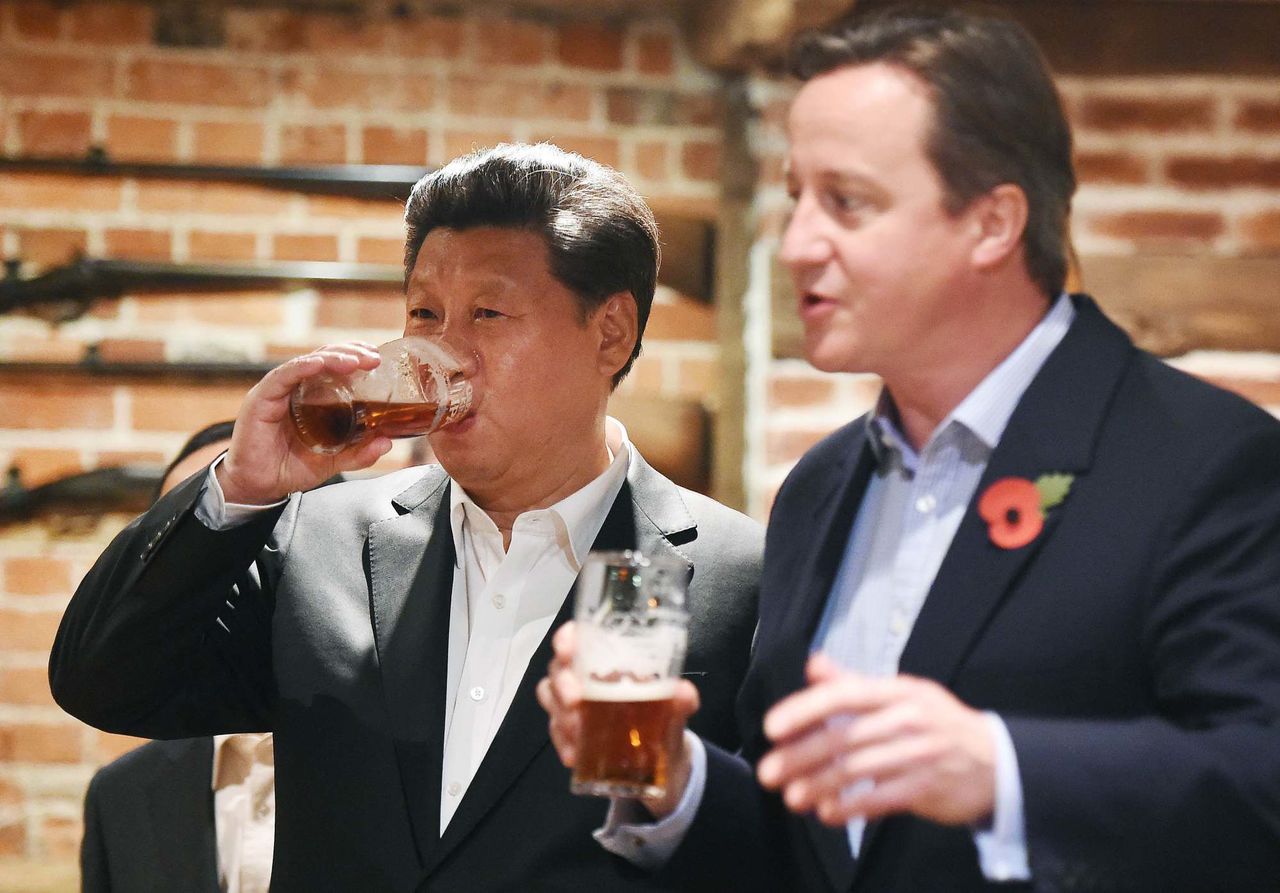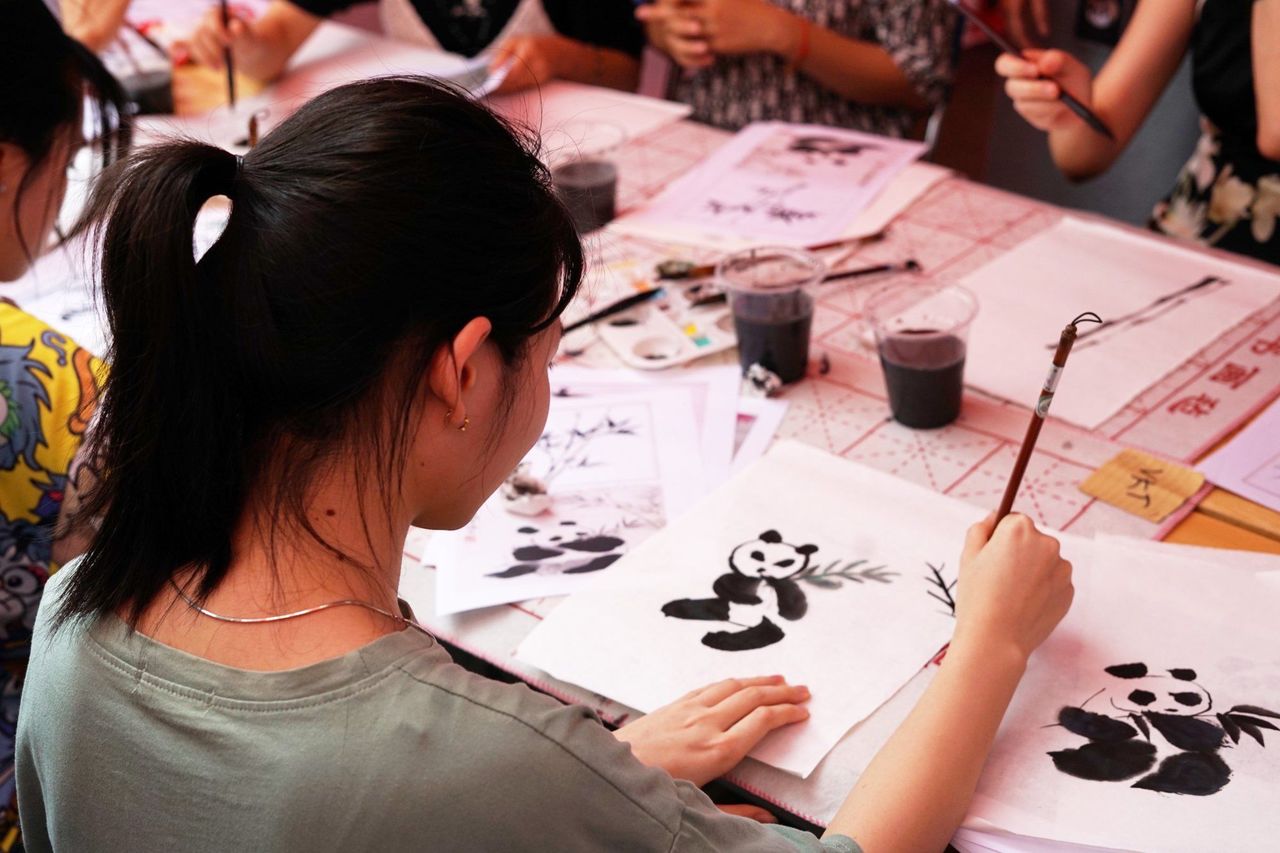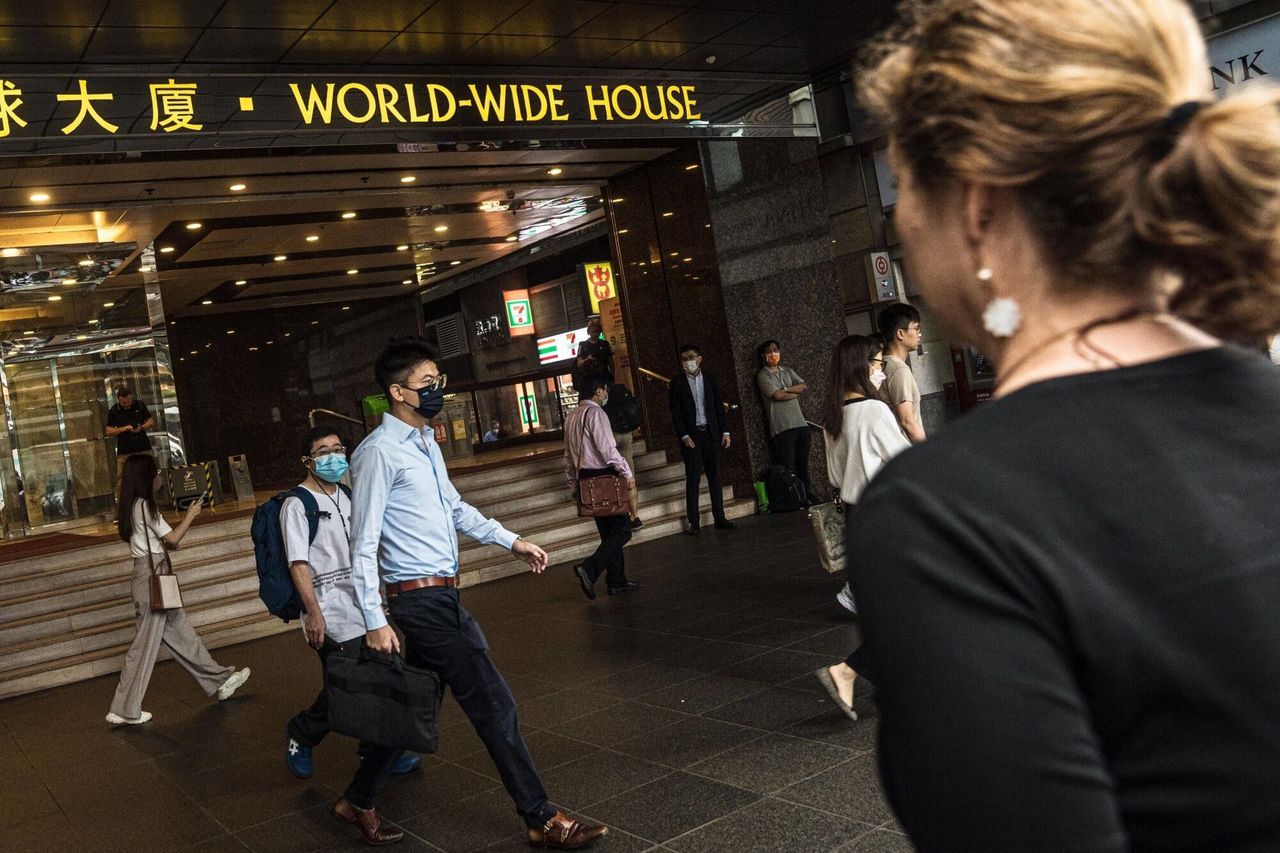Hong Kong News

Whether Chinese or Western, all civilisations are equal
With the common good in mind, President Xi Jinping last month proposed the Global Civilisation Initiative, advocating respect for the diversity of civilisations, adherence to the values common to all humanity, support for the innovative development of civilisations, and more people-to-people exchanges and cooperation.
Behind these four tenets lies China’s belief in the equality of all human civilisations. As a responsible major country, it supports the right of every civilisation to develop.
The Global Civilisation Initiative is a public good in the mould of the recently announced Global Development Initiative and Global Security Initiative.
Our world has more than 200 countries and regions and many thousands of ethnic groups and religions. Diversity enriches human civilisation, but an egocentric view that belittles other civilisations will push human society to the brink of conflict and confrontation.
In a speech at the College of Europe in Belgium in 2014, President Xi described the equality of civilisations in this way: “The Chinese people are fond of tea and the Belgians love beer. To me, the moderate tea drinker and the passionate beer lover represent two ways of understanding life and knowing the world, and I find them equally rewarding.”
When good friends meet, he said, they may drink some tea together, or have some beer.
 Visiting Chinese President Xi Jinping enjoys a beer with then British
prime minister David Cameron at a pub in Princess Risborough near
Chequers, northwest of London, on October 22, 2015.
Visiting Chinese President Xi Jinping enjoys a beer with then British
prime minister David Cameron at a pub in Princess Risborough near
Chequers, northwest of London, on October 22, 2015.
At a time when the antiquated thesis of a “clash of civilisations” is resurfacing, China’s emphasis on the equality of civilisations is needed more than ever for a peaceful world. As Xi put it in his speech in March: “One will not be seen in a more favourable light by blowing out others’ lamp[s]; nor will they go further by blocking others’ paths.”
All humanity shares the same desire for a better life and we need to work in concert towards that goal. Nonetheless, some countries assert their own views as universal values despite the failures of their democracy and governance, and poke their noses into others’ internal affairs, wreaking havoc for others.
Today’s world is facing multiple crises and challenges. More than ever, people yearn for peace and development, and fairness and justice, and aspire to have democracy and freedom. These are the common human values that China advocates.
They rise above the differences in ideology, social systems and stages of development, and will help to build a closer bond between different peoples.
A nation’s traditional culture is the bedrock of its development, without which progress would not be possible. Traditional Chinese values such as harmony, benevolence, honesty and a people-centred outlook must endure as they not only represent the cultural genes of China, but also contain insight to solve global challenges today.
 A Vietnamese student paints pandas at an event celebrating the 14th
annual United Nations Chinese Language Day, at the Confucius Institute
at Hanoi University in Vietnam, on April 21.
A Vietnamese student paints pandas at an event celebrating the 14th
annual United Nations Chinese Language Day, at the Confucius Institute
at Hanoi University in Vietnam, on April 21.
China sets great store by adapting its traditional culture to the changing times. Over the years, the Chinese government has carried out in-depth surveys of China’s cultural resources, launched documentaries and TV programmes on traditional cultures, and promoted flagship cultural projects such as the Confucius Institutes and Spring Festival celebrations to enhance the world’s understanding of Chinese civilisation.
History has shown that geographical distance and travel inconvenience are no deterrent to people-to-people exchanges. Even more so today, in a global village, people want to learn from one another. Any attempt to impede interaction or incite rivalry will fall through because it goes against the interests of the people.
China has always been an advocate for cultural exchange. From the travels of eminent Tang dynasty monks Xuanzang and Jianzhen to spread Buddhist teachings, to the seven great voyages of admiral Zheng He in Ming China, from the cultural exchanges along the ancient Silk Road to the Belt and Road Initiative and the convening of high-level dialogue between the Communist Party of China and political parties around the world, China has been working closely with other countries to make mutual learning a driving force for human progress and world peace.
In the course of Hong Kong’s transformation from a fishing village to a global metropolis over the past century, the Chinese cultural gene of the “Lion Rock spirit” has endured, and Chinese and Western cultures have left their mark on the city.
 People walk through Central district on April 24. With foreigners making
up about 10 per cent of the population, Hong Kong is a model showcase
of the coexistence of different cultures, both East and West.
People walk through Central district on April 24. With foreigners making
up about 10 per cent of the population, Hong Kong is a model showcase
of the coexistence of different cultures, both East and West.
As a home to more than 600,000 foreigners and a place hosting a variety of artistic and cultural events, Hong Kong is a model showcase of the coexistence of different cultures, and an ideal location for dialogue between global civilisations.
China’s 14th five-year plan supports Hong Kong in developing into an East-meets-West centre for international cultural exchange, showing the central government’s expectation of and great confidence in the city. Hong Kong will have much to contribute to human civilisations.
The ocean is vast because it admits all rivers. In a similar vein, to make the garden of world civilisations vibrant, all flowers should flourish.
China’s proposed Global Civilisation Initiative needs the support of all countries. As the world is becoming more volatile, we must learn how to work together to fix it, and I firmly believe that the initiative is a viable pathway to lead the world to a better future.











